How to declutter under the kitchen sink – expert tips for streamlining cleaning supplies
Get this vital storage sink in order for better functionality


The area under the kitchen sink can easily become chaotic with an accumulation of cleaning supplies and given the sink piping and waste pipes usually housed there, it's not useful for storing much else.
But clutter here can impact negatively on function. If you're ever opened the cabinet door and had a tsunami of spray bottles, cleaning products, and sponges come rushing out, it's time to tackle it, say our top home organizers.
Decluttering and organizing cleaning supplies under your sink is a must if you want a cleaning command center that makes sanitizing your home easier, not a nuisance.
Why you should declutter under the kitchen sink
Organizing under the sink will be an impossible task if you do not start by decluttering to help make space and clear out supplies and tools taking up more space than they are worth.
Not does clutter such as duplicates and products you no longer use limit your storage space, but it makes keeping your cleaning supplies clean more difficult too.
The clearer the space is, the easier it will be to spot a potential leak or mold. The space is dark, and can be prone to moisture if there is a small leak, cleaning supply spill or overflow of water from above.
1. Keep all-purpose supplies
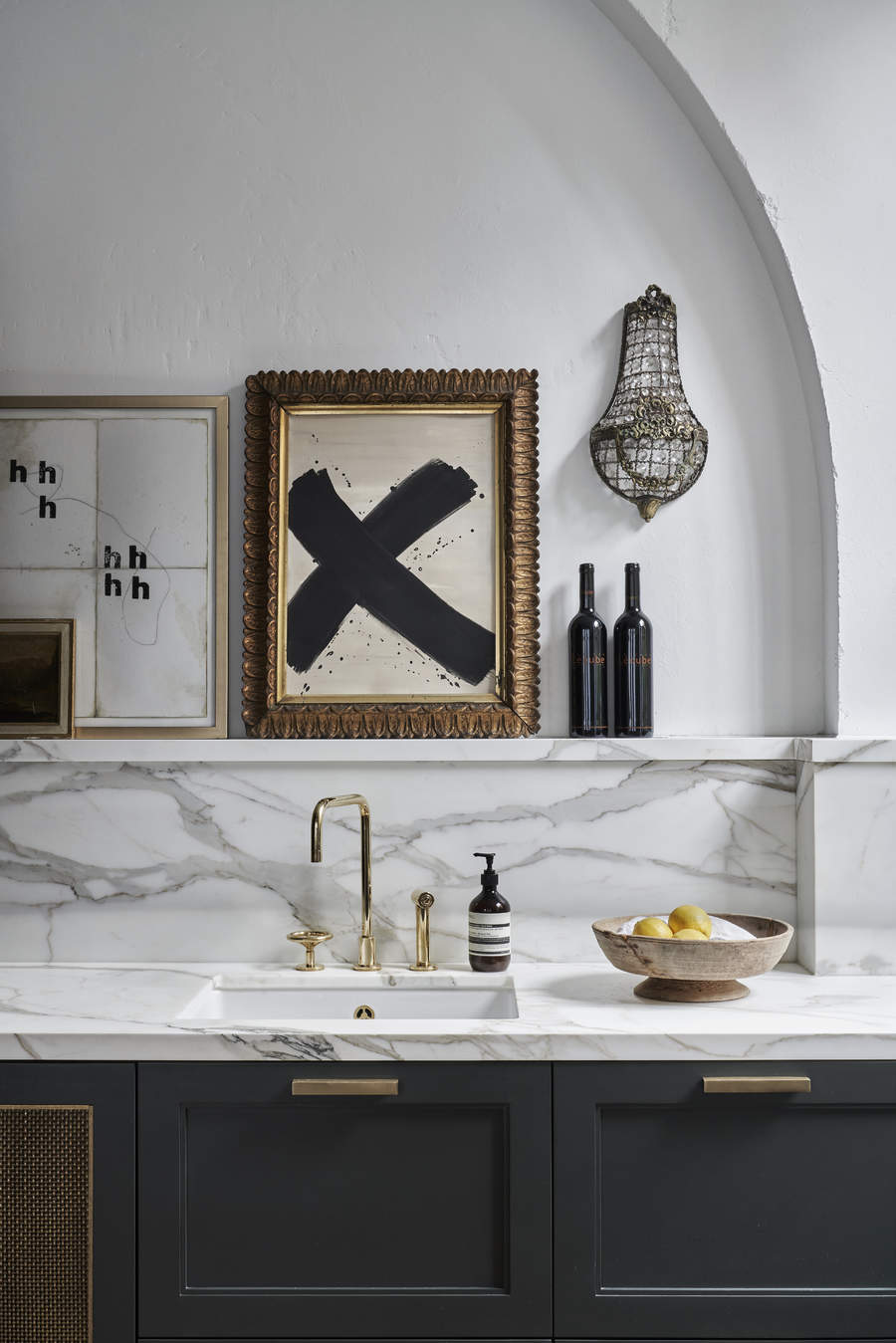
While there are some surfaces and items in our homes that do require specialized cleaners, more often than not, a multi-purpose anti-bacterial spray will stay on top of most dirt and dust.
Julie Peak, professional home organizer and owner of The Precise Place, agrees, explaining, ‘Multi-purpose items, such as all-purpose cleaners reduce the need for multiple products. Invest in a versatile cleaner that works on various surfaces like countertops, floors, and appliances.
'White vinegar is a great option because cleaning with vinegar acts as a natural disinfectant and deodorizer, and it easily cuts through grime. Anything single use that isn’t required for specific item care should be decluttered.’
You can ditch multiple cleaning sprays for a product such as Method's Antibacterial All Purpose Spray trio, available at Amazon.
As with any multi-purpose, check if the item contains citric acid, a natural acid great for breaking down grime. It's great for cleaning but be mindful natural stones and porous materials can be damaged by citric acid so never clean those items with it.
2. Avoid storing duplicates
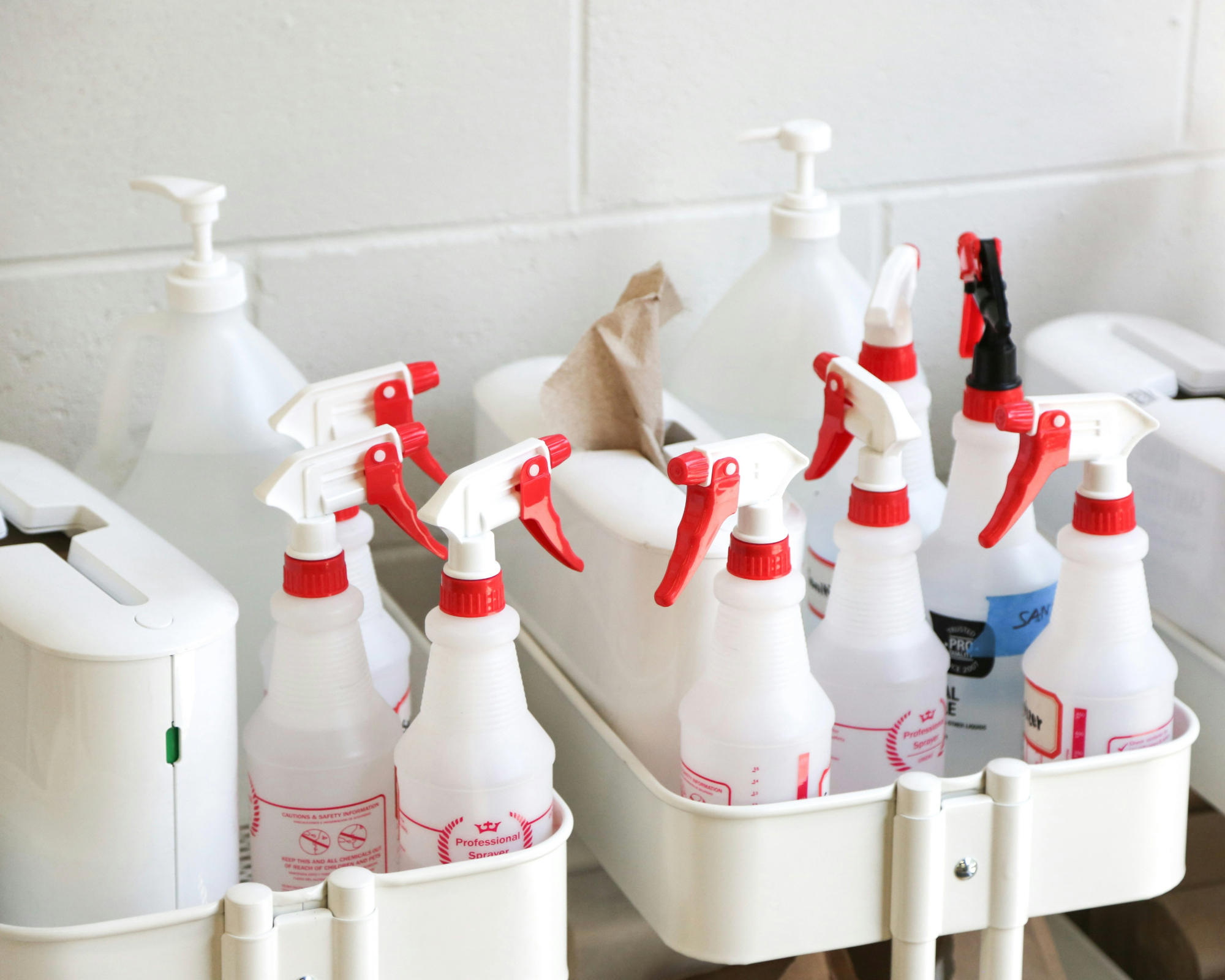
Cleaning supplies are one of the many things to never keep duplicates of in your home. Not only are they unnecessary, but they take up valuable space and can make picking your solution for home cleaning more overwhelming.
Julie Peak, professional home organizer, continues, ‘Consider quantity. Avoid storing duplicates or excess supplies. Keep only what is needed for current use rather than excess back-stock. This will ensure the space remains tidy and functional and items are easy to reach.’
When dealing with duplicate items, consider if you can consolidate half-used bottles of the same product into one bottle. Then, for unused products, consider donating them or passing them on to friends and family to prevent waste. If you cannot get rid of items without significant waste, set yourself an underconsumption trend challenge to use all of the items up before buying new.
3. Group like items together
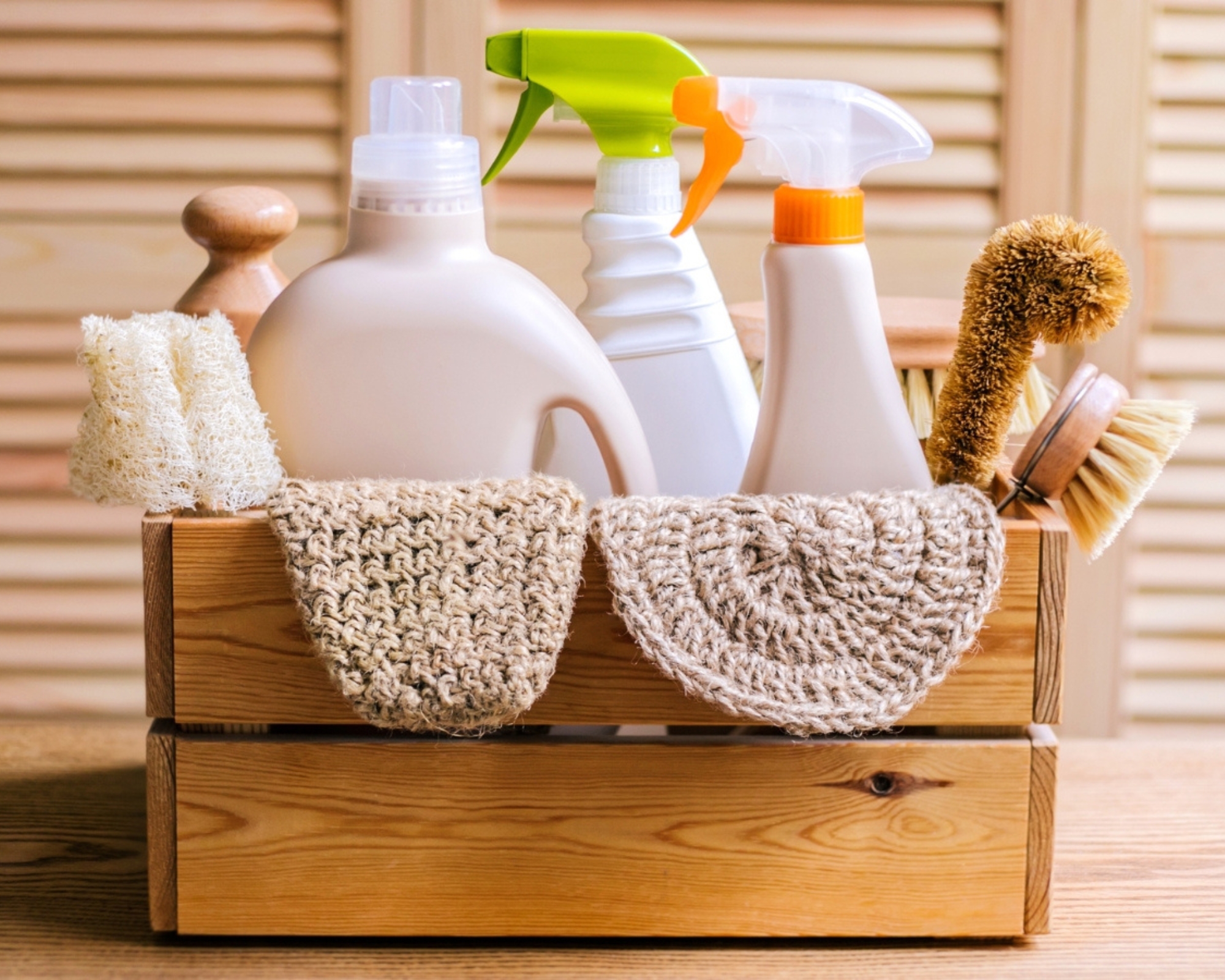
A great decluttering golden rule to make clearing out large categories easier is to group like items together.
Carol Appelbaum, founder of Luxury Pro Organizer, says ‘The first step is to empty the area so you can see exactly what you're dealing with. Group like items together – all your multipurpose sprays are in one group, dish-washing supplies in another, specialty cleaners and so on.
‘As you sort, check expiration dates and toss anything past its prime. Haven't used that old bottle of wood polish in years? Rust on the bottom of the aerosol can? To the discard bin, they go! Be brutally honest about what you use regularly and eliminate the rest.’
Punteha van Terheyden, head of solved at H&G says, 'I use plastic baskets that fit three to a shelf in my under-sink space to group my cleaning supplies. I use labels on the front as well so my husband knows where to find what he needs, as well as where to put what when the groceries come in or he's finished cleaning.'
Grouping items in this way keeps things functional and is a vital way to avoid mistakenly buying more of the same thing, and also helps you keep an eye on which supplies are running low.
4. Discard ‘just in case’ items
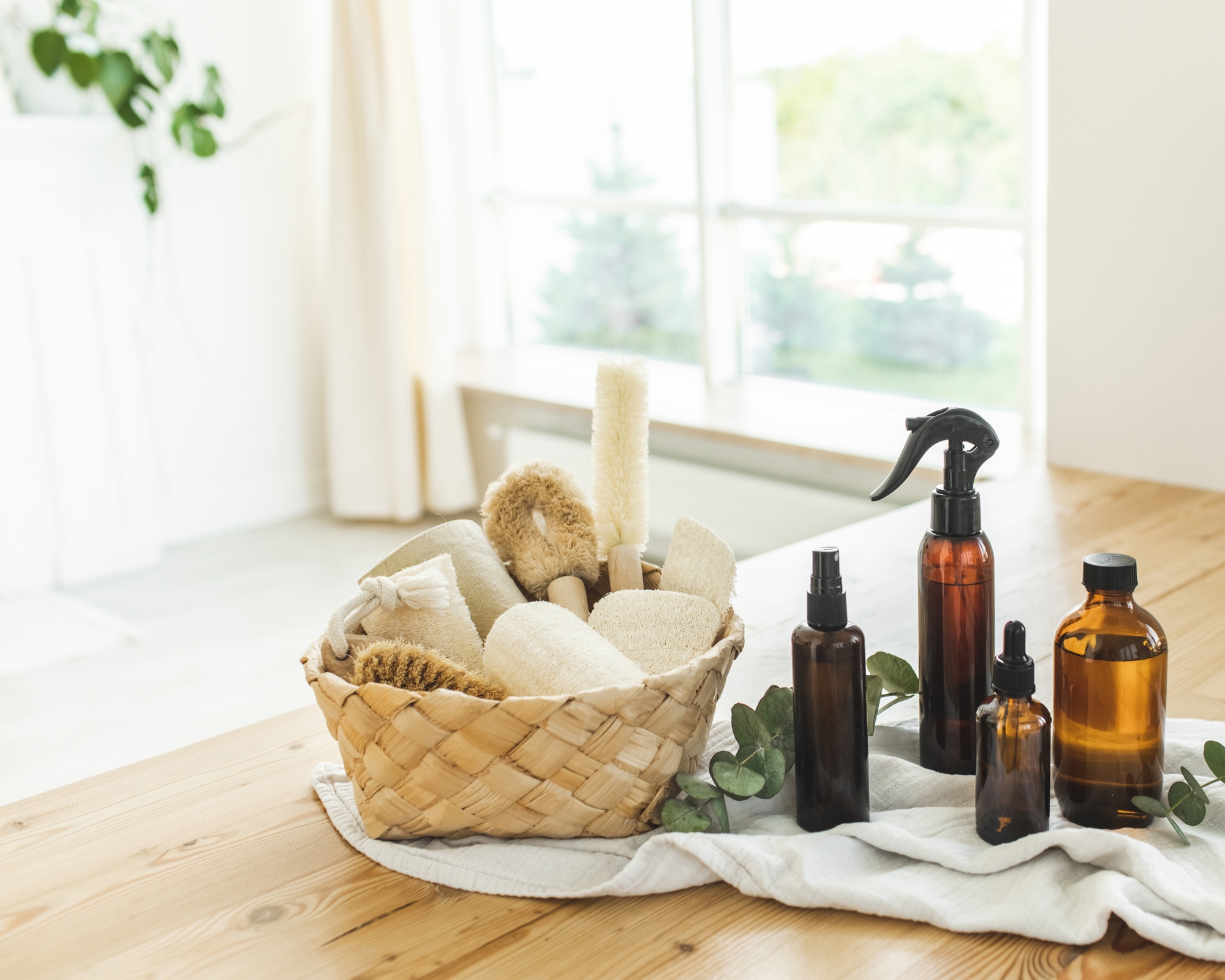
We are all guilty of keeping hold of items ‘just in case’ we need them in the future. While we might not like to hear it, this is one of the biggest psychological reasons clutter builds at home.
Julie Peak, professional home organizer advises, ‘Avoid “just in case” items. Discard “I might need this someday,” items. If you haven’t used the item in the last six months or it doesn’t have a clear, immediate purpose, declutter.’
More often than not, it can be passed onto someone else who will get good use out of it to better their home.
You can also implement one simple metric: if you didn't know you had it, get rid of it.
5. Be ruthless with your cleaning tools
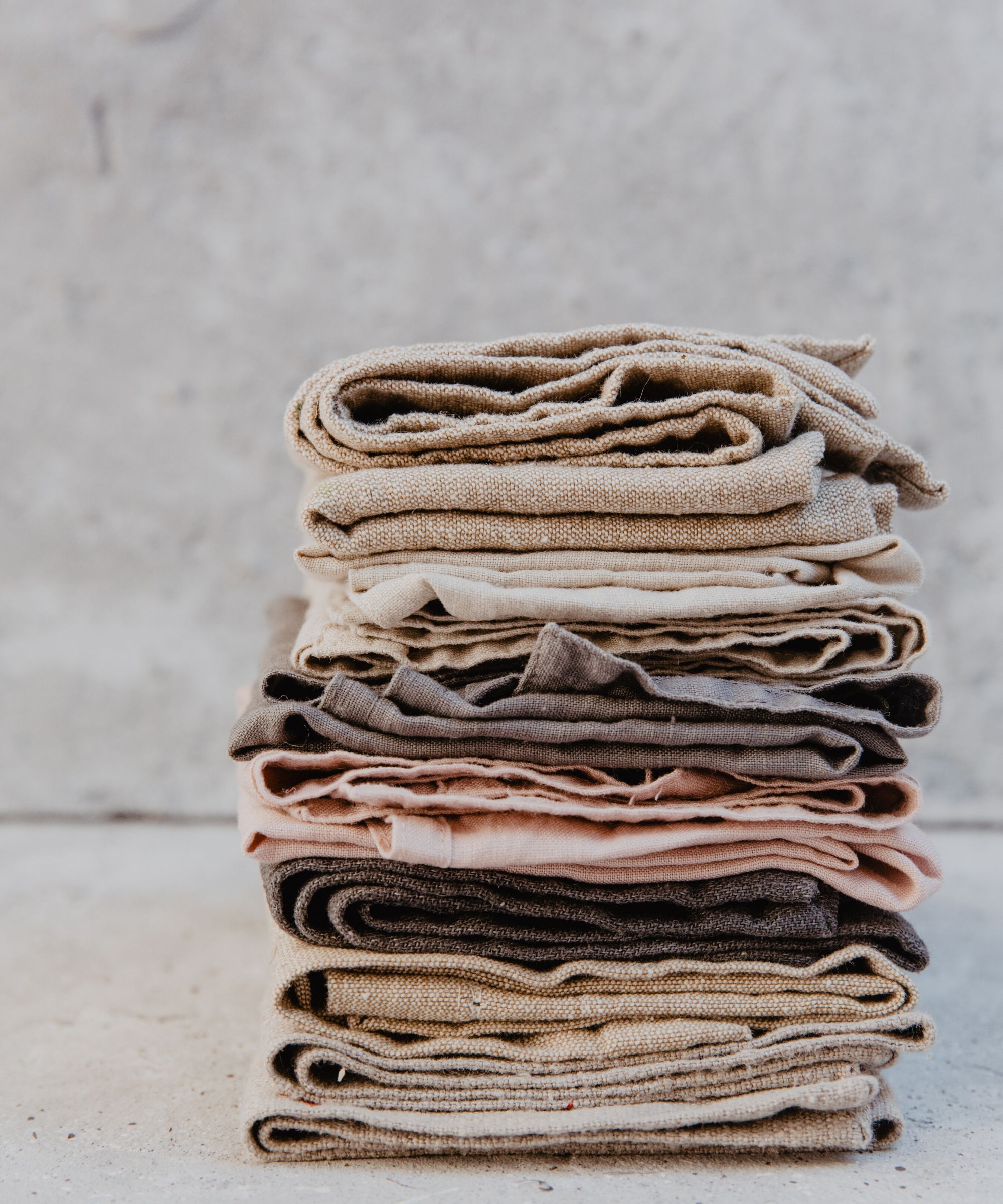
It is not just your cleaning supplies and sprays that cause clutter. Our essential cleaning tools are often the worst offenders, especially if you are prone to buying ‘magic solutions’ to cleaning that really only have one use.
It is essential to be more ruthless when decluttering tools, Carol Appelbaum, professional organizer, says.
‘While you're at it, take a look at your cleaning tools and accessories. Retire those grimy sponges, rags, and old brushes that have seen better days. You only need to hold onto tools that you reach for constantly. Only keep one or two microfiber cloths vs. fraying dish rags and responsibly retire the rejects to free up precious space under the kitchen sink.’
6. Remove expired items
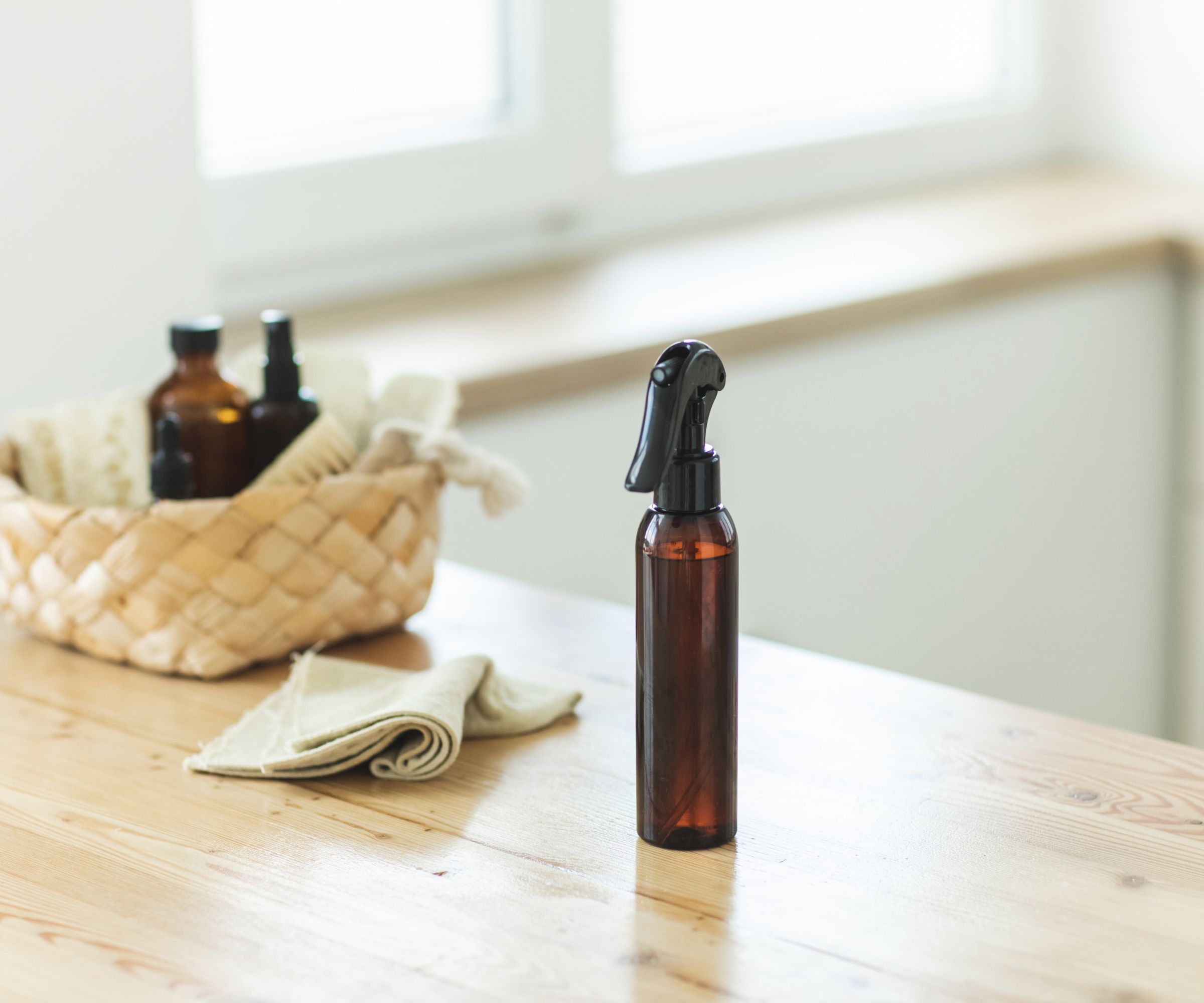
We might not immediately think of expired items when it comes to cleaning supplies (this is usually associated with decluttering a pantry, after all), however Lisa Welch, founder and president of Welch Design Studios, reminds us that cleaning sprays and solutions can decrease in efficiency over time. For example, holding onto old anti-bacterial agents might mean they are ineffective, leading to illness further down the line.
‘To declutter under the kitchen sink, start by emptying everything out,’ Lisa recommends. ‘Check the expiration dates on cleaning products and keep only what you use regularly.
When decluttering and choosing cleaning supplies, only keep products that are certified safe for use by EWG or EPA Safer Choice, helping to keep your home clean and healthy.
What to shop
When you have decluttered, put in play some smart organizational items to keep the space functional.
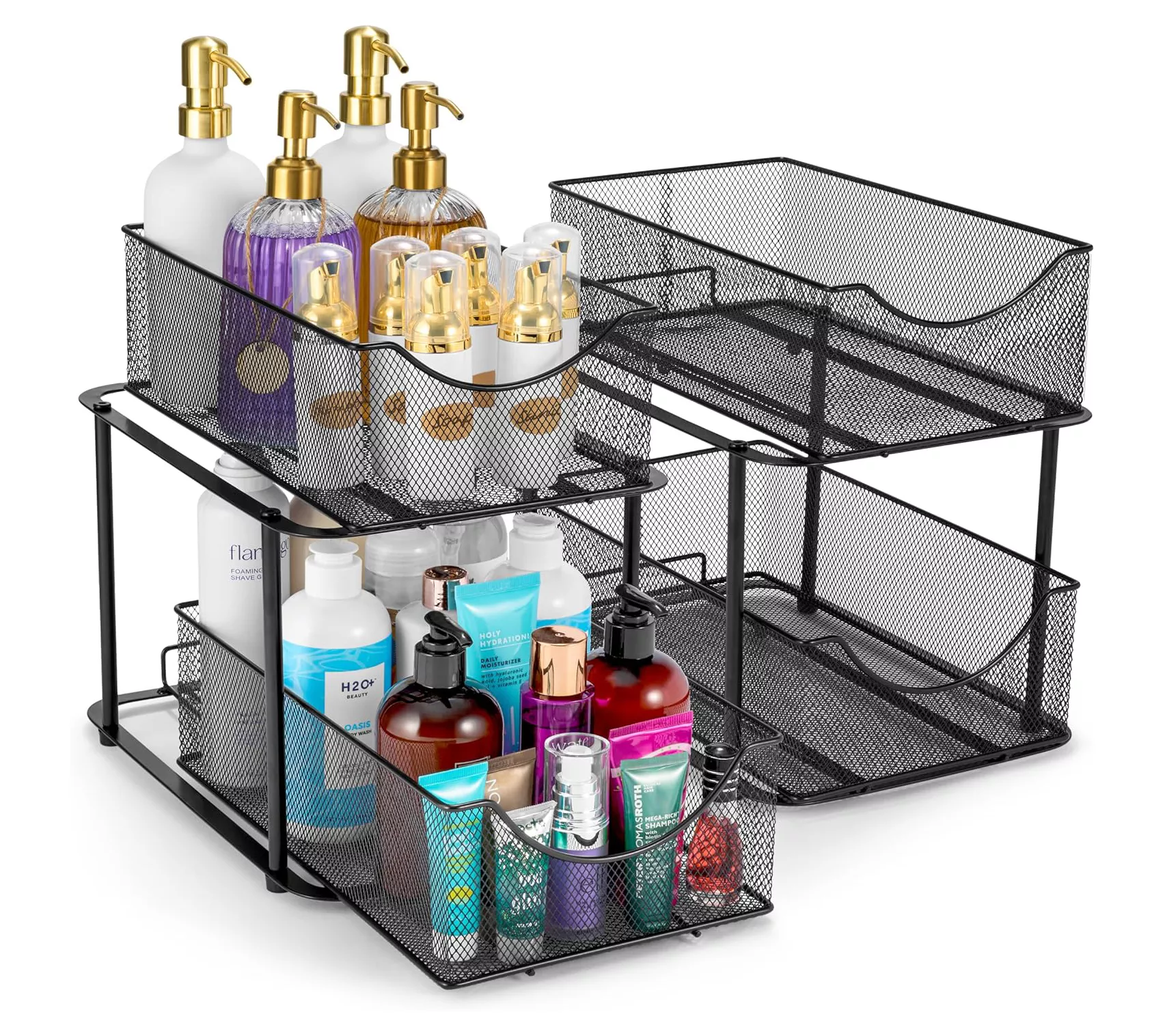 Four colors
Four colors
Featuring smooth glide drawers and sturdy metal legs with rubber feet protectors, these organizers are perfect for quickly accessing cleaning supplies.
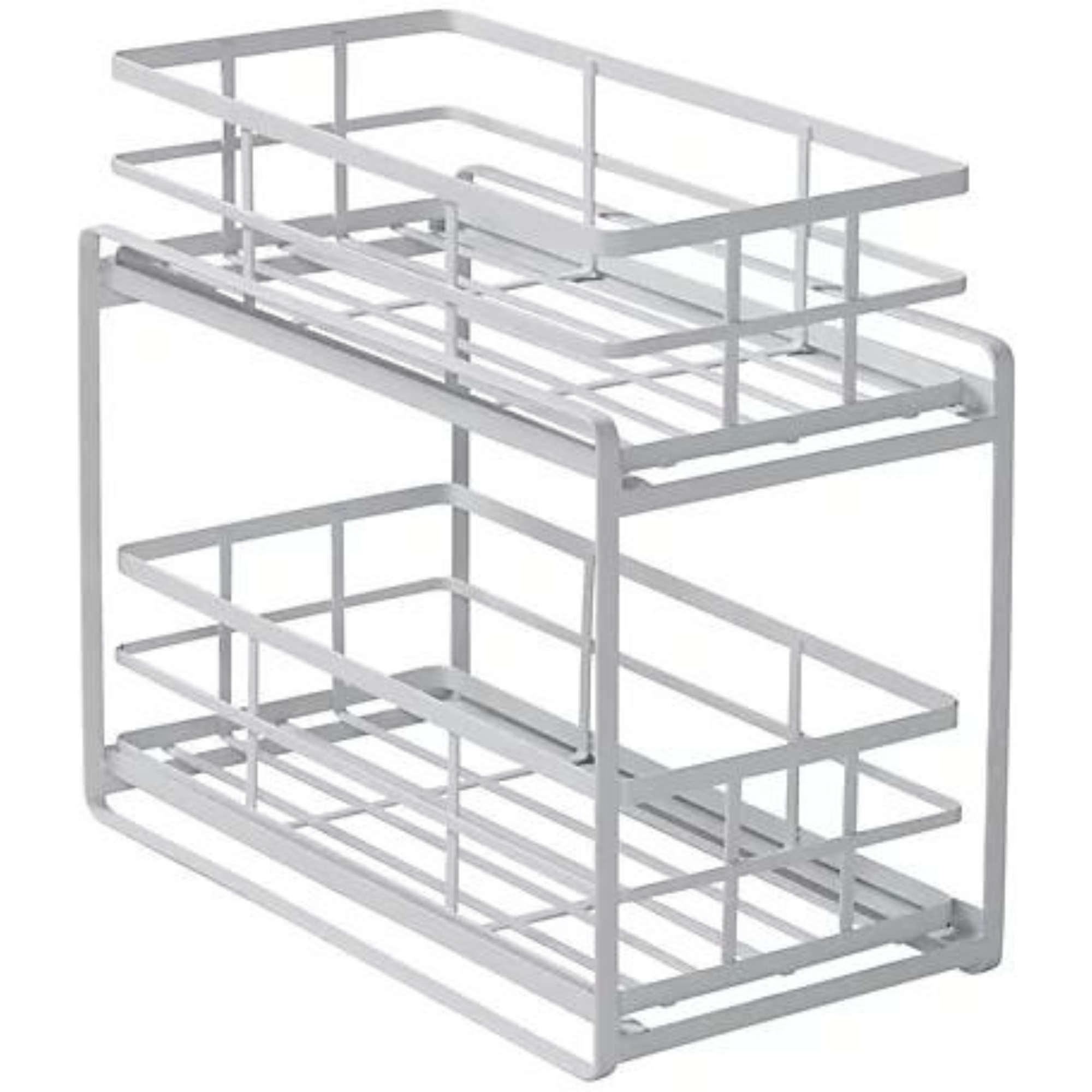
Make the most of your vertical space with this sturdy two-tiered under-cabinet organizer. It offers two pull-out drawers that keep your supplies organized and easily accessible.
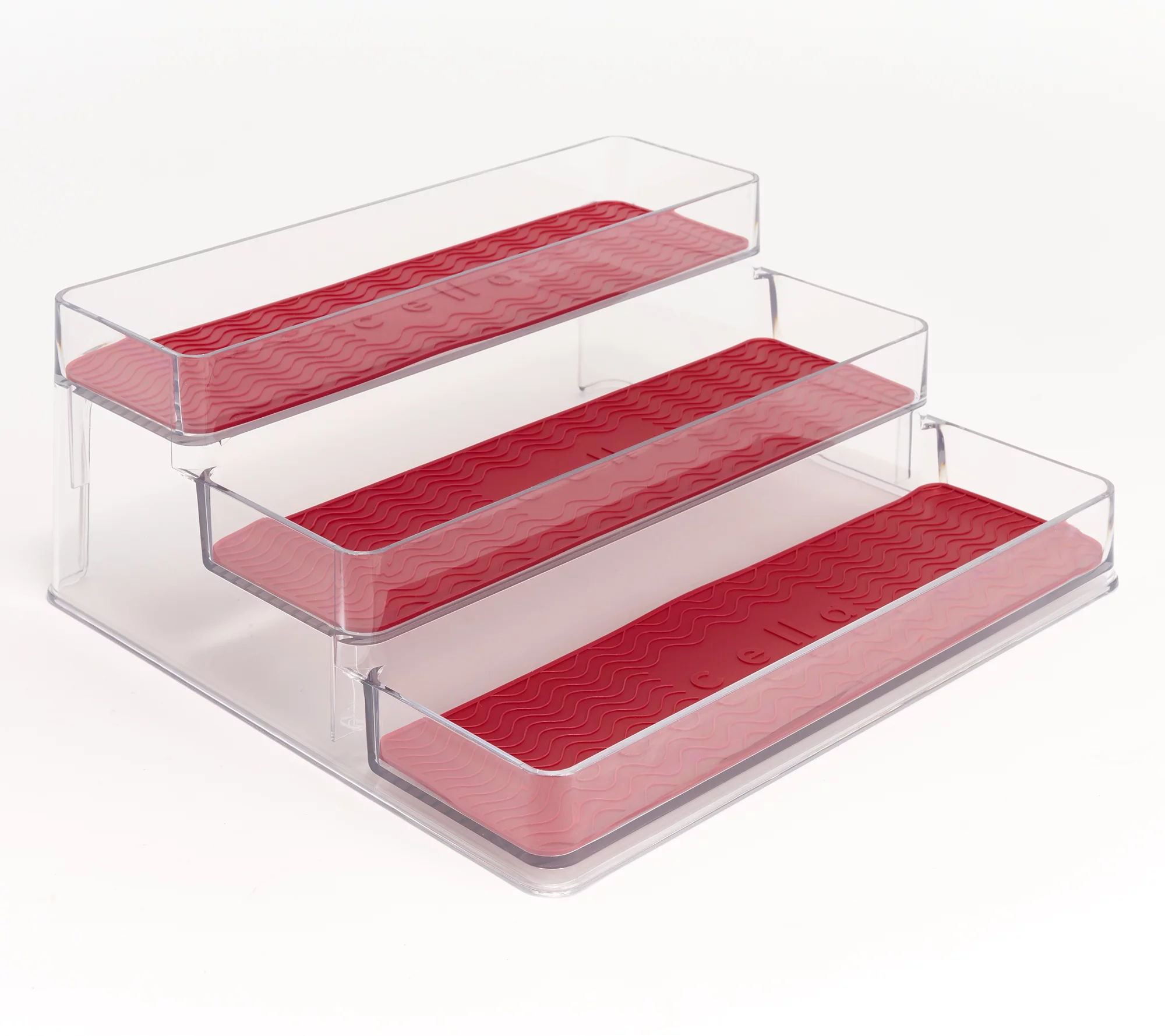 Five colors
Five colors
For smaller cleaning supply collections, use a shelf riser to help you see every supply at a glance to make quick clean ups even quicker and to avoid hidden products being forgotten.
With everything under your sink well decluttered, you can reorganize your storage ideas, concludes Carol Appelbaum, professional organizer.
‘Before you return items under the sink, it's best practice to clean the bottom of each product you're keeping,' Carol says. 'This will help maintain a fresh, tidy space.'
Find a well-fitting storage container to house your scrubbing tools and sponges, keeping the damp items corralled and easy to access. Use additional containers or bins to group similar items, like all your dish washing supplies in one caddy and your all-purpose cleaners in another.
Carol adds, ‘This simple step will make a world of difference in keeping your newly decluttered zone user-friendly and efficient.’
Sign up to the Homes & Gardens newsletter
Design expertise in your inbox – from inspiring decorating ideas and beautiful celebrity homes to practical gardening advice and shopping round-ups.

Chiana has been at Homes & Gardens for two years and is our resident 'queen' of non-toxic living. She spends most of her time producing content for the Solved section of the website, helping readers get the most out of their homes through clever decluttering, cleaning, and tidying tips. She was named one of Fixr's top home improvement journalists in 2024.
-
 Anna Kendrick's favorite coffee maker is the first machine to make iced beverages that are 'just as cold as a coffee shop' – it's currently under $200
Anna Kendrick's favorite coffee maker is the first machine to make iced beverages that are 'just as cold as a coffee shop' – it's currently under $200The actress uses this smart machine to make perfect mocha frappes straight out of her kitchen – it's a summer 2025 must-have
By Hannah Ziegler
-
 Put your 'purgatory place' and 'dust detective' in play – 6 expert tricks professional organizers use to effortlessly edit down belongings
Put your 'purgatory place' and 'dust detective' in play – 6 expert tricks professional organizers use to effortlessly edit down belongingsStress-free streamlining is entirely within sight
By Andy van Terheyden
-
 Put your 'purgatory place' and 'dust detective' in play – 6 expert tricks professional organizers use to effortlessly edit down belongings
Put your 'purgatory place' and 'dust detective' in play – 6 expert tricks professional organizers use to effortlessly edit down belongingsStress-free streamlining is entirely within sight
By Andy van Terheyden
-
 'Nightstands have a sneaky way of turning into catch-alls' – I’m a professional organizer, and these are the only things I keep on mine
'Nightstands have a sneaky way of turning into catch-alls' – I’m a professional organizer, and these are the only things I keep on mineLess is more when it comes to creating a restful sleep space
By Di Ter Avest
-
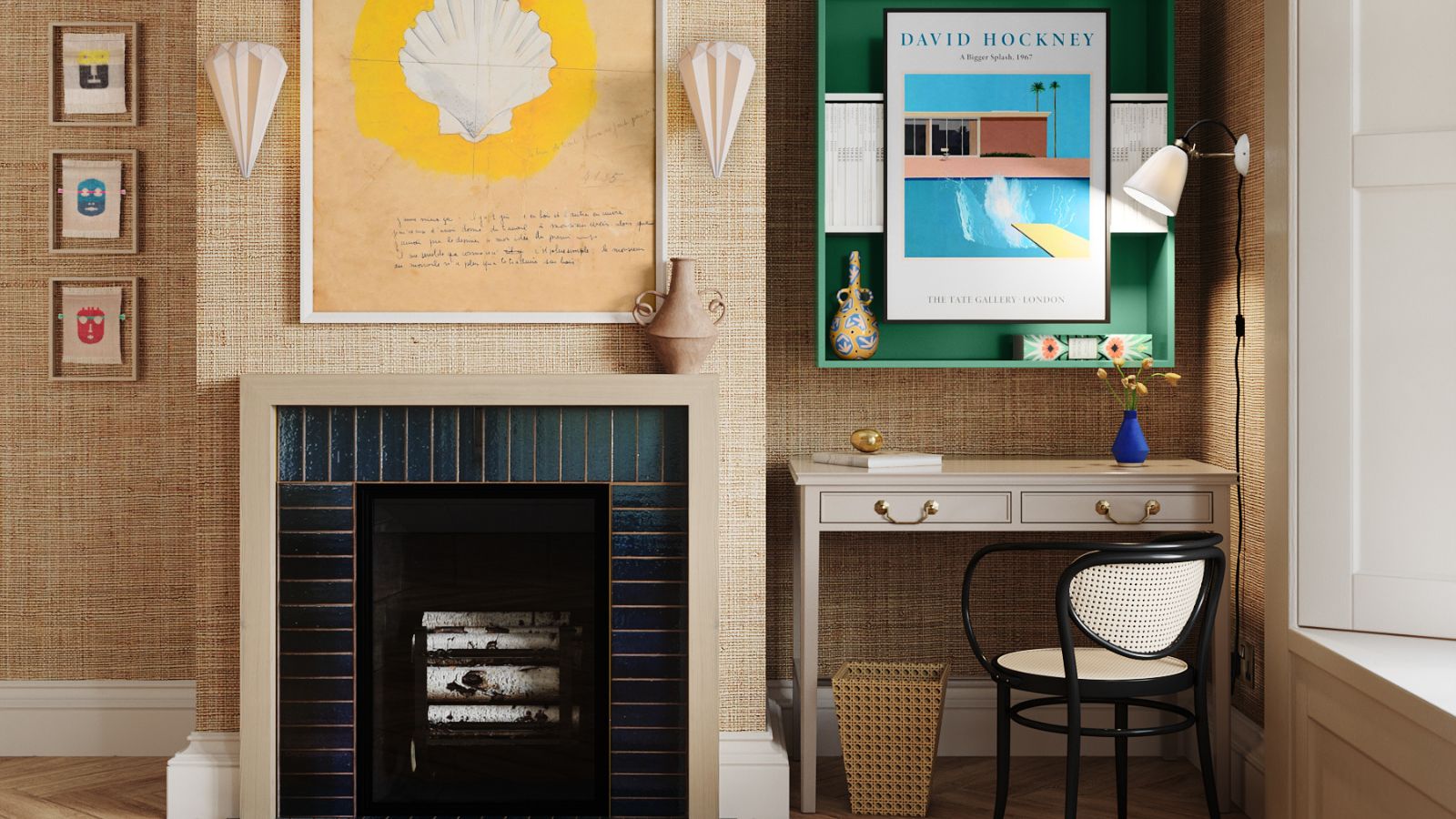 I tried the Temptation Method to finally unpack the boxes I'd been ignoring after a stressful house move – I'm relieved it worked so well
I tried the Temptation Method to finally unpack the boxes I'd been ignoring after a stressful house move – I'm relieved it worked so wellWith a pile of unpacked boxes clogging up my home office, it was time to get motivated
By Sophie Warren-Smith
-
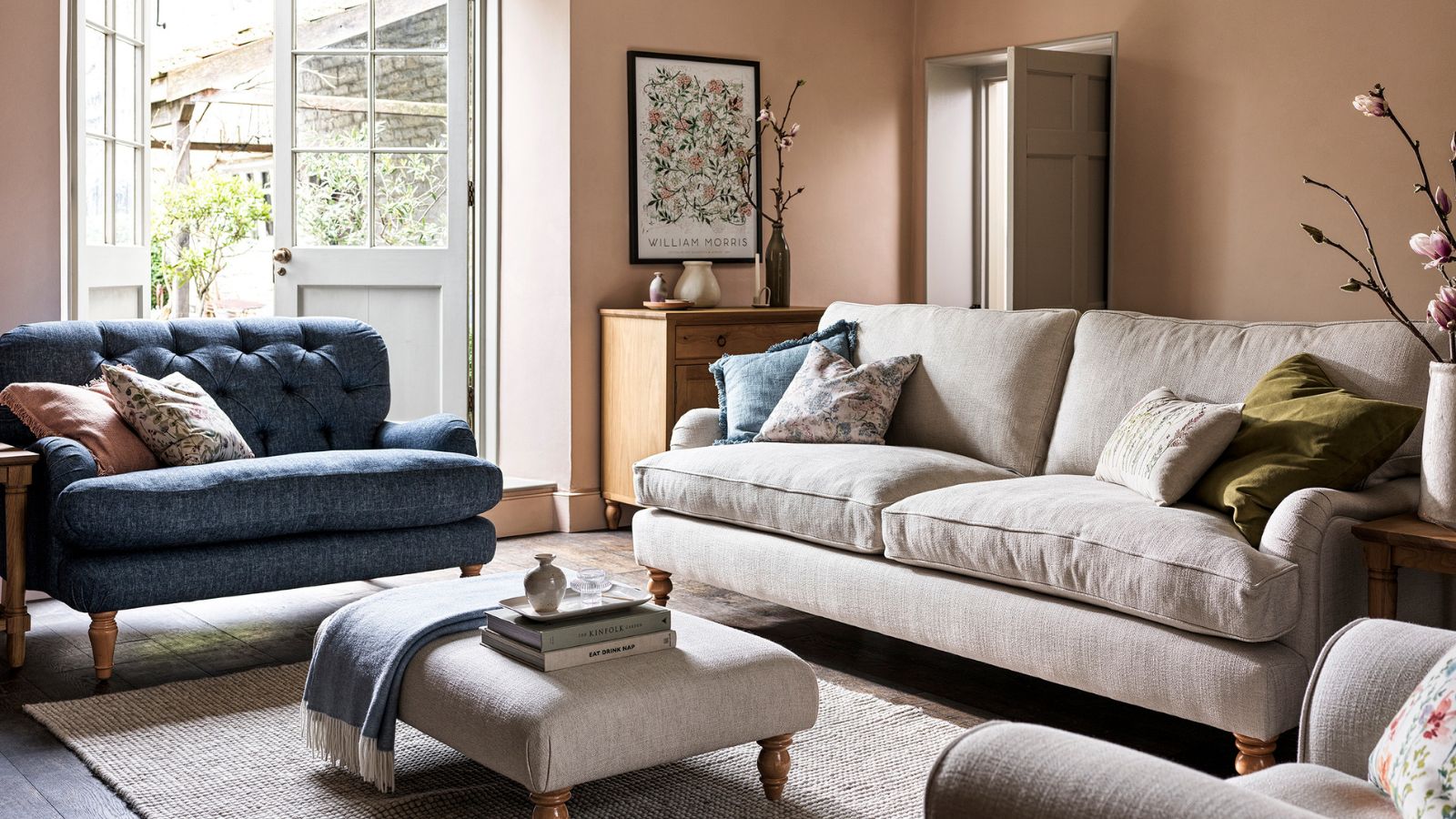 I used to be a lifeguard – this scanning method has stuck with me and instantly catches clutter before it becomes overwhelming
I used to be a lifeguard – this scanning method has stuck with me and instantly catches clutter before it becomes overwhelmingThis life-saving tip now saves me from feeling overwhelmed
By Chiana Dickson
-
 I swear by the ‘ETC’ method to prevent clutter and save money – my expert-backed checklist is transformative
I swear by the ‘ETC’ method to prevent clutter and save money – my expert-backed checklist is transformativeNow I Edit The Cart and save time, money, and energy
By Chiana Dickson
-
 Go guilt-free – I'm a professional home organizer and these are the 5 decluttering rules I urge you to break
Go guilt-free – I'm a professional home organizer and these are the 5 decluttering rules I urge you to breakDitch the rules for stress-free declutter
By Orna Fathers
-
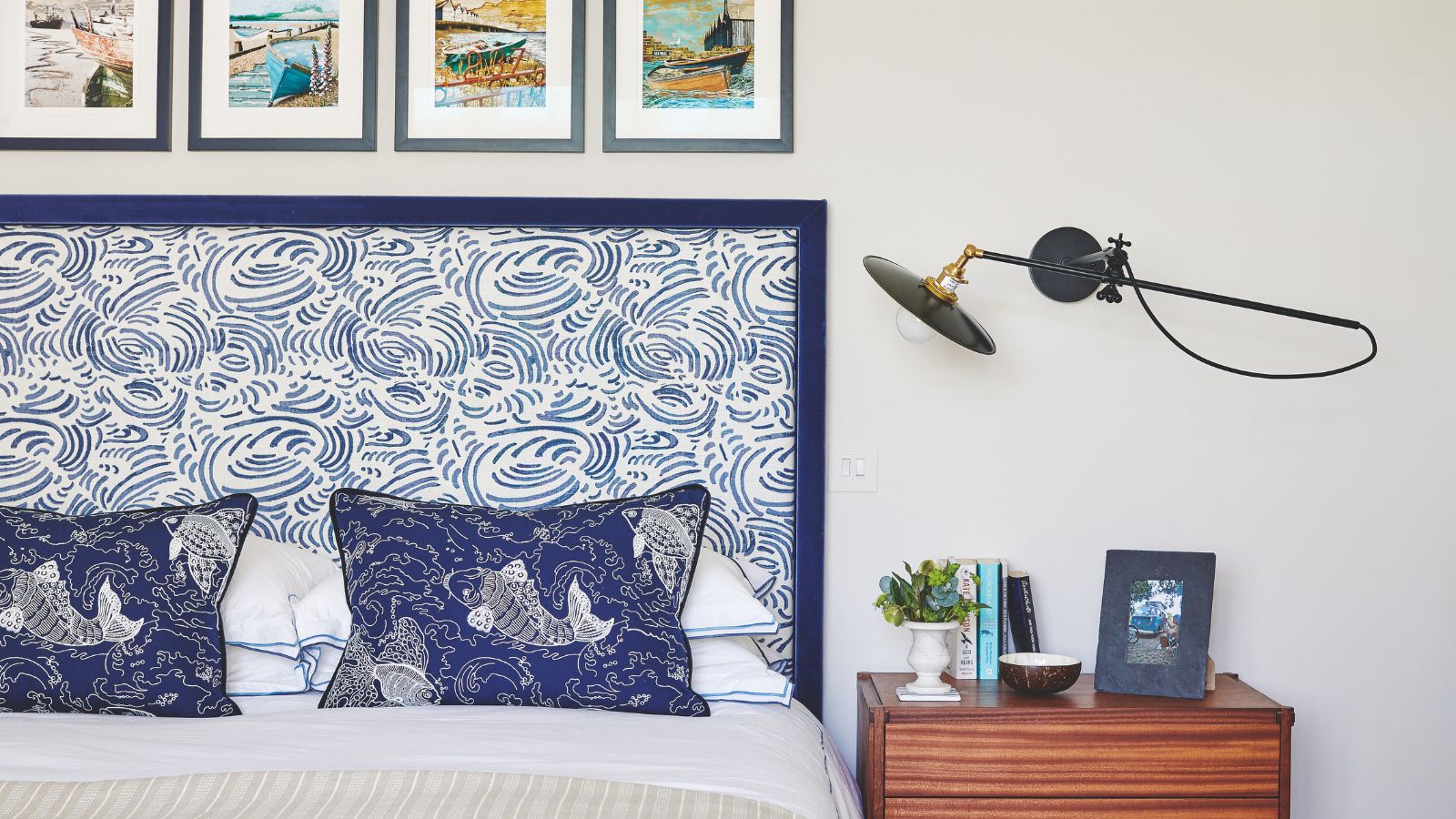 'Big results before you know it' – experts urge you to use the ‘Take Away 10’ method for simple decluttering with zero decision fatigue
'Big results before you know it' – experts urge you to use the ‘Take Away 10’ method for simple decluttering with zero decision fatigueIt can cut hundreds of items from your home in just a few weeks
By Ottilie Blackhall
-
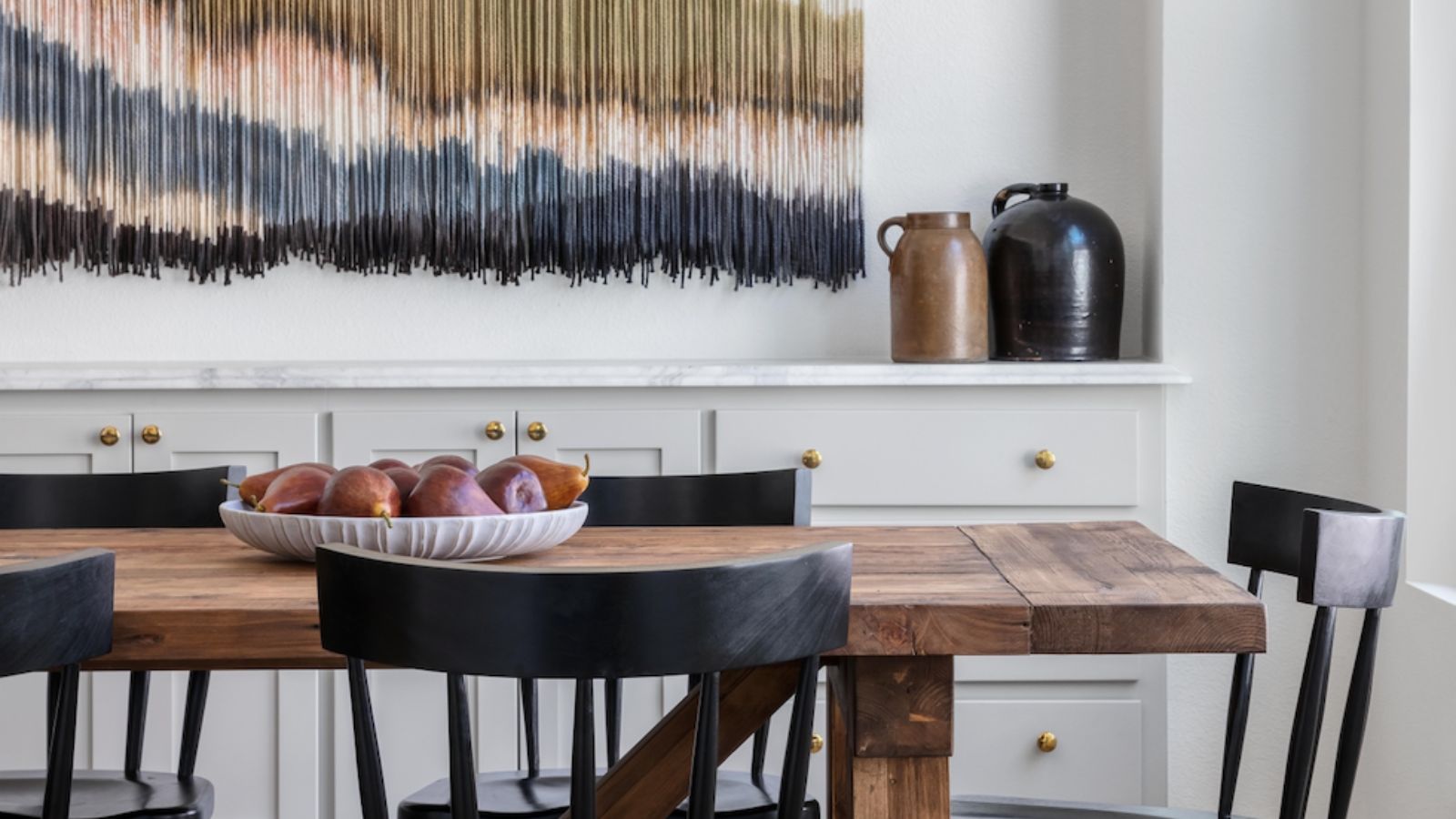 How the 'ODT' method can help you to tackle your overwhelming decluttering checklist – and streamline the process from start to finish
How the 'ODT' method can help you to tackle your overwhelming decluttering checklist – and streamline the process from start to finishAvoid 'analysis paralysis' and tick off tasks quickly and easily by making just one decision at a time
By Ottilie Blackhall